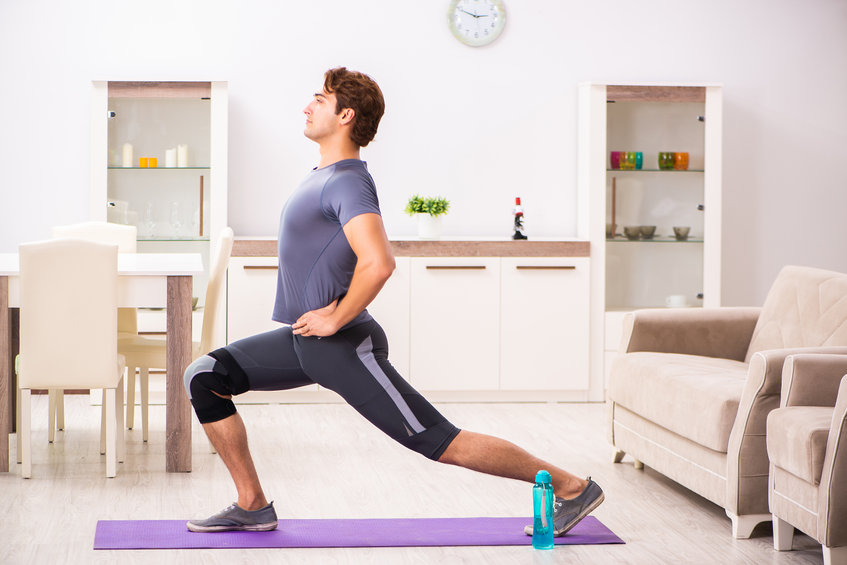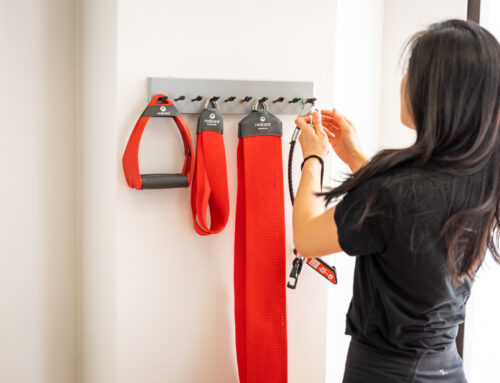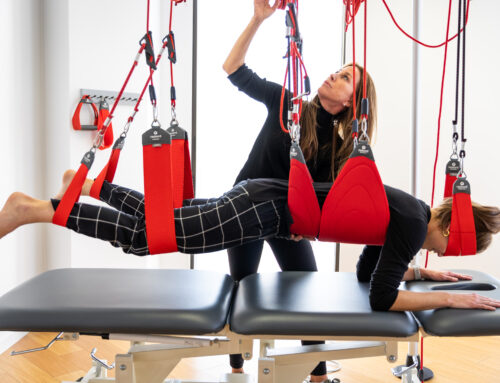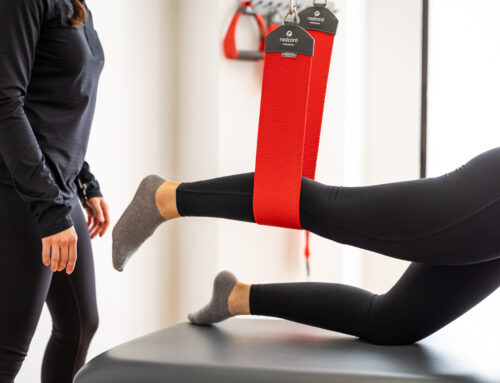Objective: To investigate the effects of a sensorimotor training programme in osteoarthritic patients.
Design: Randomized, single-blind, controlled trial.
Setting: Kinesiology laboratory at School of Physical Therapy.
Participants: A total of 60 patients were randomly assigned to the training group and the control group. Only 29 patients (training group, 15; control group, 14) completed the study.
Intervention: The training group underwent a sensorimotor training program using a sling suspension system complemented by a routine physical therapy. The control group underwent a routine physical therapy.
Main measures: Active joint repositioning, functional testings, and self-reported function with the Western Ontario & McMaster Universities Arthritis Index before and after the eight-week intervention.
Results: There were significant differences between the two groups with respect to the improvement in proprioception as measured by active joint repositioning (the changes in the absolute error were 1.91.7, training group versus 0.12.8, control group (P50.05), and in self-reported functional difficulty
(33.235.1, training group versus 8.010.2, control group; P50.05)). There was no significant difference between the two groups in other outcomes.
Conclusion: A sensorimotor training using a sling suspension system improved the patients’ proprioception in the knee joints and their self-reported function. Thus, these exercises may serve as an exercise programme for patients with knee osteoarthritis.





